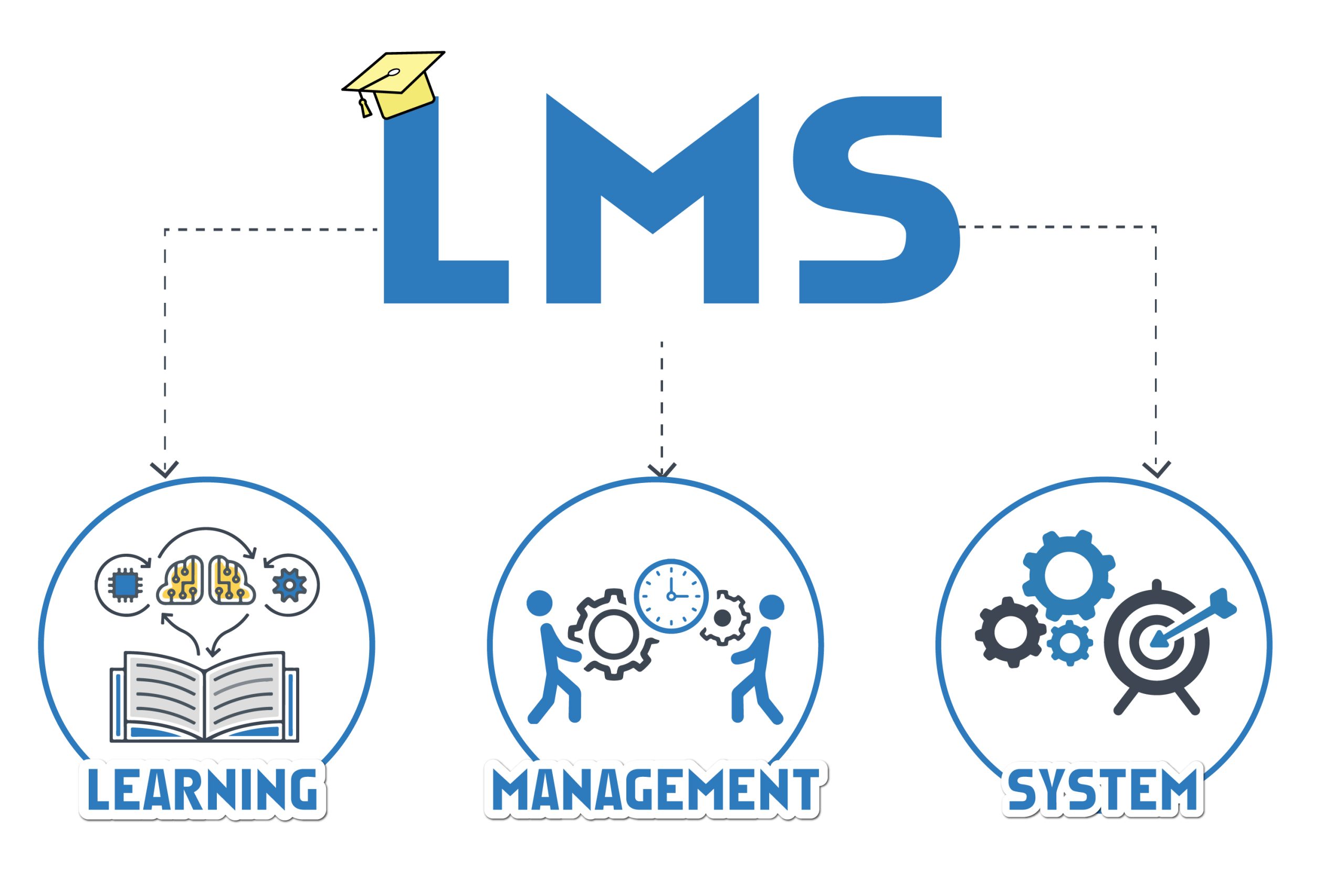There is no second chance at making a first impression, especially when it comes to onboarding new employees. Modern organizations are constantly seeking effective ways to integrate newcomers seamlessly and rapidly. Leveraging a Learning Management System (LMS) for onboarding is proving to be a remarkably efficient approach for achieving this. By implementing LMS-based strategies, companies can ensure a smoother transition for new hires while equipping them with the necessary skills and knowledge to succeed.
Firstly, it’s crucial to deliver engaging onboarding content. An LMS allows companies to create interactive and dynamic training materials that cater to diverse learning styles. Utilizing multimedia such as videos, infographics, and interactive quizzes keeps new employees engaged and motivated. Engaging content helps new hires retain information more effectively and creates a more enjoyable learning experience. This approach not only enhances understanding but also fosters a positive perception of the company from the outset.
Secondly, leveraging analytics within an LMS can provide invaluable insights. Companies can track the progress of new hires, pinpoint areas where they might struggle, and measure the effectiveness of the training content. These analytics can guide improvements in the onboarding process and help managers offer personalized support where necessary. Understanding individual progress allows trainers to optimize learning experiences, thus ensuring that every new employee is on the right track towards becoming a productive member of the team.
Furthermore, an LMS can streamline training delivery and accessibility. Online learning platforms ensure that training materials are available anytime and anywhere, which is particularly beneficial for remote or globally dispersed teams. Self-paced learning modules empower new hires to take responsibility for their education, allowing them to learn at their pace. This flexibility significantly reduces geographical and time constraints, enhancing the onboarding experience for both the organization and the new employee.
Personalization is another significant advantage of LMS-based onboarding. Customizable training paths ensure that each employee’s learning experience is relevant and aligned with their role. Tailored onboarding programs enhance the learning curve by focusing on role-specific competencies while also introducing company culture and values. By ensuring content relevance, organizations are more likely to see increased engagement from new hires, which can lead to higher retention rates.
Moreover, integrating social learning opportunities into the LMS can enhance collaboration and connectivity among new hires and existing employees. Discussion forums, peer reviews, and mentorship programs can be facilitated through these platforms, promoting a culture of shared knowledge and cooperation. By encouraging interaction, companies foster community building and networking from the beginning of an employee’s journey, which aids in knowledge retention and application.
Additionally, continuously updating onboarding content is critical to adapting to changing business environments. An LMS makes it easier to keep training materials current with industry trends and company policies. Regularly refreshing content not only reflects the company’s commitment to learning and development but also ensures that new employees have access to the most recent information, tools, and techniques. This adaptability is essential for businesses aiming to remain competitive and relevant.
In conclusion, adopting LMS-based strategies for onboarding can significantly streamline the integration process for new hires. Engaging content, analytics-driven insights, and personalized, accessible learning experiences are central to effective onboarding. By investing in these strategies, companies not only improve the transition experience for new employees but also build a strong foundation of knowledgeable and engaged talent that contributes to organizational success.
